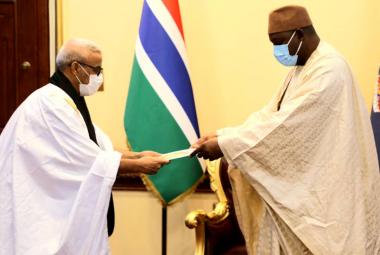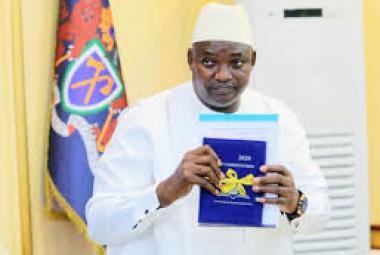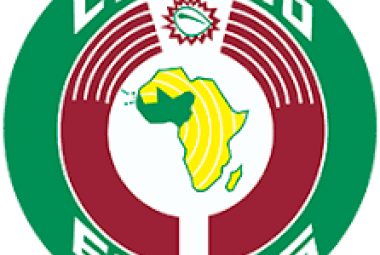The Directorate of Trade at the Ministry of Trade, Industry, Regional Integration and Employment (MoTIE) have recently convened a day’s validation workshop on Gambia’s Draft Schedule of Specific Commitments for AfCFTA Trade in Service Negotiations.
The workshop is part of the preparation for the African Continental Free Trade Area Trade in Services Negotiation as the ECOWAS Member States are working to submit a common schedule of specific commitments to the AU for negotiations with other African countries.
The Gambia’s Schedule of Specific commitment draft report was ready for validation. The objective was to review and update the draft report of Gambia’s Specific Schedule of Commitments for submission to the ECOWAS Commission.
Speaking at the validation session, Abdoulie Jammeh, Deputy Permanent Secretary at the Ministry of Trade, Industry, Regional Integration and Employment intimated that African Union Member States are negotiating to establish AfCTA trade in service as almost all African countries including The Gambia (also ratified) have signed the agreement, which called for 90% of the products to be liberalised.
“In the area of trade in service negotiations for liberalisation five sectors have been identified. This decision is made to strengthen the implementation of the AFCTA, in the area such as transport, tourism, business sector, financial sector and communication”, he said. Jammeh stressed that at the level of ECOWAS, they have agreed as a bloc, and that no country will be unilateral to change the tariff. “When we all have external service it will be easier to liberalise,” he added.
In a similar event, MoTIE, in collaboration with the United National Economic Commission for Africa (UNECA) convened at the Senegambia Beach Hotel to review and validate the draft National AfCFTA strategy.
The stakeholders in the meeting agreed that they should enhance the monitoring and evaluation strategy to track implementation of activities, resources, outputs and outcomes in order to facilitate harmonised reporting and communication of results of assessments.
Several recommendations were made including training of media officers on air safety resources.
The national AFCFTA strategy aims to enable African countries to specialise and engage in strategic plan for trade without tariff barriers; create single market of services for the people, provide opportunities for women and youth and SMEs integration, increase GDP, food security and agricultural productivity. It is also meant to develop comprehensive and efficient national approach to continental integration, raising and improving awareness around the AFCFTA for all stakeholders, building strong institutional regulatory framework to support effective implementation of the AFCFTA agreement and progressively eliminate tariffs and non-tariffs barriers to trade in goods.







